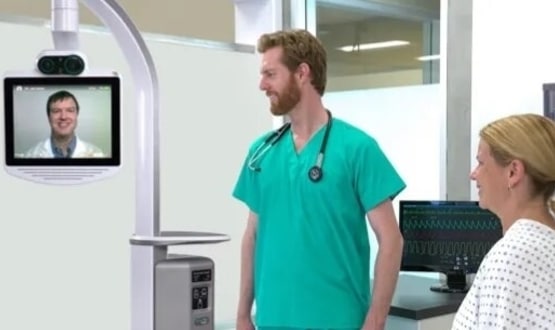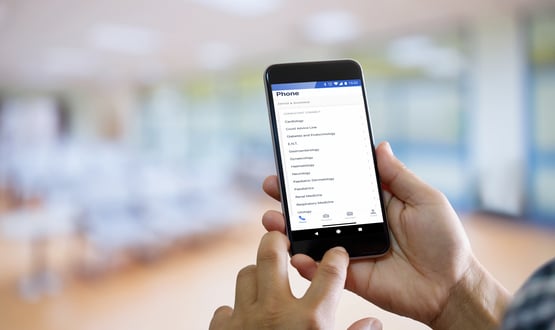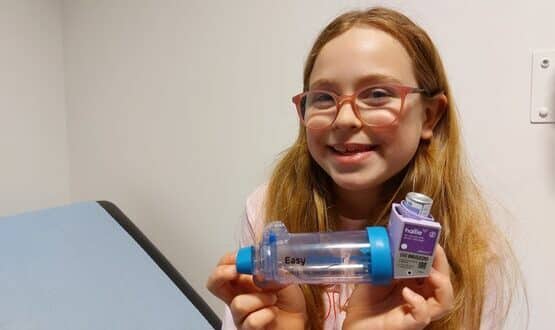Telemedicine robots helping to ease pressure on hospitals during Covid-19
- 22 December 2021

The roll-out of new robot technology, developed by telemedicine provider Consultant Connect, is helping to ease pressures on hospitals during Covid-19.
The robot devices can be likened to sophisticated remote control cars with advanced cameras, lenses and microphones attached. They enable specialist consultants to see, hear and speak with patients as if they were at their bedside, even if they are miles away at a different hospital or at home shielding with Covid symptoms.
Jonathan Patrick, CEO of Consultant Connect, believes this technology “allows clinicians to do a huge amount more than what they are currently able to do”.
He said: “These devices enable specialists to get a clear view of the patient, which is as good as being there. In some cases, it’s better than being there because of the camera angles that we can give them, such as sitting directly above a patient’s head, which particularly for babies you can imagine how vital that is.
“Plus, the lenses that they use are so sophisticated so you can look at a blood pressure monitor from across the room and see the gauge right down to the tiniest increments in the gauge. The view and impression they can get of a patient is second to none.”
Consultant Connect were acquired in January by US telemedicine firm Teladoc, which has accelerated the implementation of robot technology in UK hospitals. The devices allow clinicians to give specialised care at a minute’s notice that may otherwise have been unavailable and could save tens of thousands in locum fees.
During the pandemic, Liverpool Women’s Hospital and Alder Hey Children’s Hospital in Liverpool used two devices which enabled them to keep a full neonatal service running. University Hospitals of Leicester NHS Trust has also now begun using the devices during ward rounds.
Dr Steve Jackson, consultant physician and chief medical information officer at University Hospitals of Leicester, said: “With the telemedicine devices I can be doing a ward round on one site in the morning and have a clinic booked immediately afterwards in the afternoon at another.
“I can also consult with patients about whom my ward team are concerned or who might arrive on the ward between my ward round times and who might be able to go home outside of my designated ward round times. Such ad-hoc ward ‘visits’ would not otherwise be possible owing to my busy schedule and cross-site working.
“From the point of view of having patients who need super specialist opinions, which I’ve used the tech for, it’s absolutely superb. It means that patients don’t have to wait to be transferred across the city to go to a different hospital because the specialists can consult with them there and then and make a plan which everyone’s happy with. It supports ‘Getting it Right First Time’.”
The presence of robot technology in healthcare across England has undoubtedly increased this year, particularly in the South West where GPs are using robots to gain access to the Dorset Care Record, and in London where Guy’s and St Thomas’ became the first Trust in the capital to adopt CMR Surgical’s Versius Robot.
After the overwhelming success of Consultant Connect’s devices in Liverpool and Leicester, more hospitals in England and Scotland plan to adopt the technology in 2022.
Jonathan Patrick added: “I’d say the biggest challenges we’re going to have are demand, which is a lovely problem to have. But then also people getting used to the idea that this is a good, safe way of delivering care that that is efficient and easy for the clinicians.
“But once they try it, and this has been the experience at Leicester, people just get more excited about it and then we’ll start talking about new ways they can use the technology.
“When people come to you and tell you how they’re going to use your technology, that’s where you know you’re having a really good impact.”




